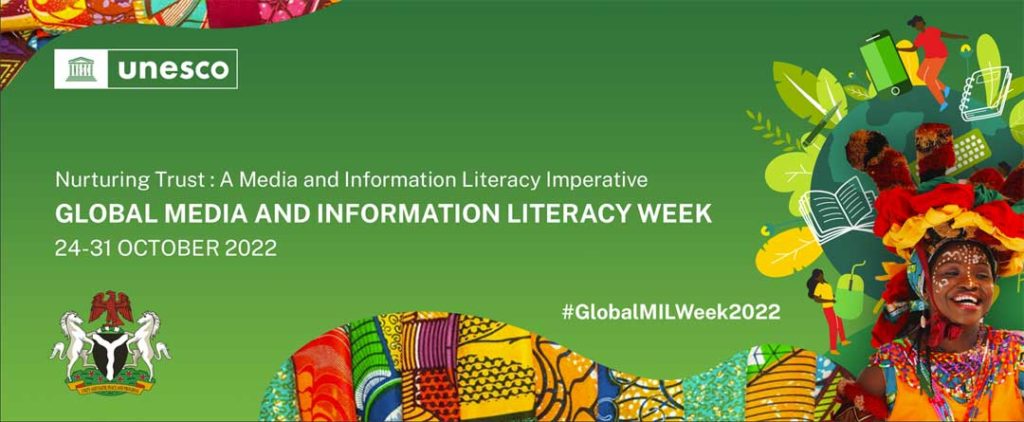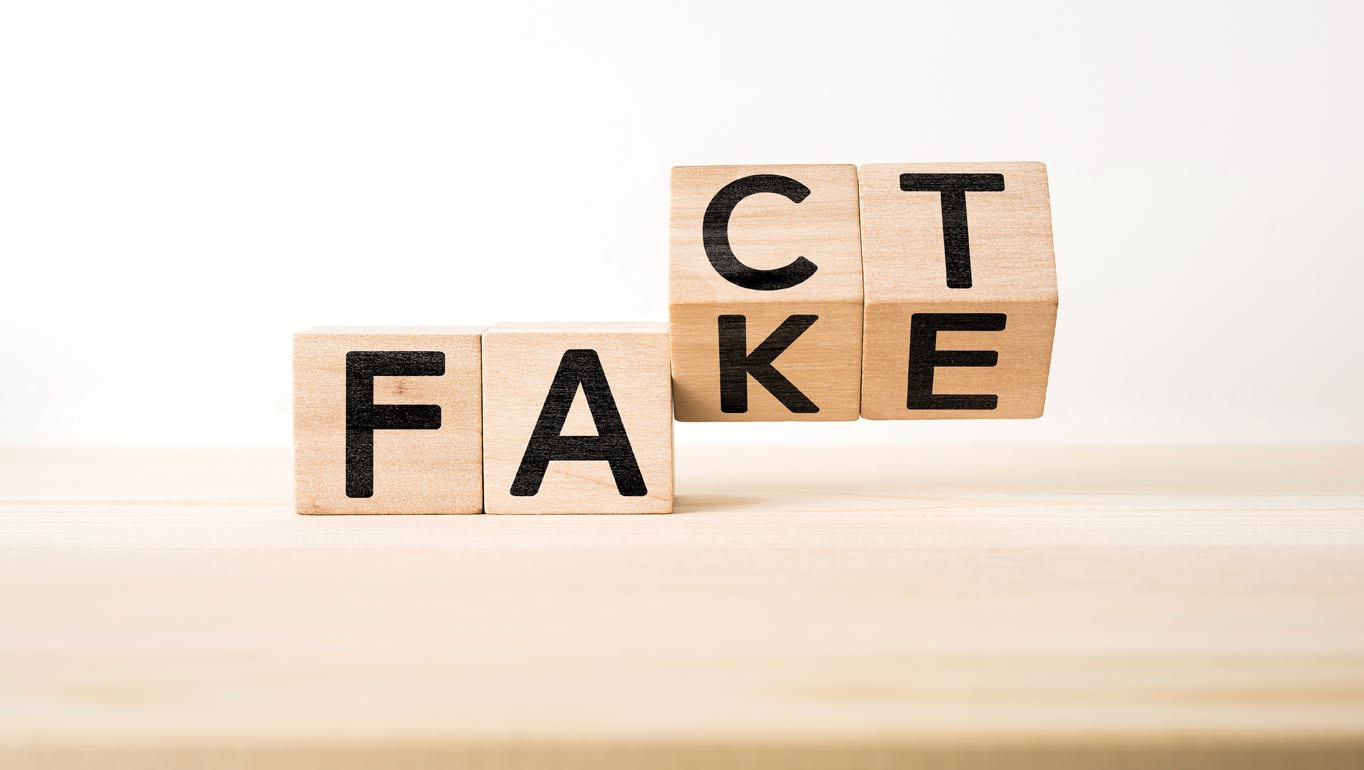Information, media, and digital technologies are supposed to save lives and support sustainable development. However, spiraling disinformation, rising hate speech, breach of people’s privacy, declining freedom of expression, and a general misuse and abuse of digital technologies, are now becoming barriers.
This is exacerbated by the absence of sustained national media and information literacy policies and strategies. Moreover, there is the assumption that media and information literacy are already covered by general education programs. While this is partially true, it is a grave error to think the elements of media and information literacy that exist in education are alone sufficient. There is evidence, for example, that the proliferation of disinformation and misinformation is far from being the doing of the so-called “undereducated.”
Thus, media and information literacy must be integrated in all levels of formal, non-formal, and informal education and learning, in general. To make this happen, a global vision must be accelerated. This vision should spur governments, private sector, and international institutions to allocate the necessary funding in the form of an International Media and Information Literacy Fund. This vision has received a big push through the United Nations General Assembly Resolution A/RES/75/267 (2021) on Media and Information Literacy, which notably calls on countries around the world “to develop and implement policies, action plans, and strategies related to the promotion of media and information literacy, and to increase awareness, capacity for prevention and resilience to disinformation and misinformation…”
Tackling fake news
UNESCO prefers not to use the term ‘fake news’ because if it is fake, it is not news! Furthermore, the term can be used to suppress genuinely verified and professional news that might be unpopular to some.
Ensuring information quality is the most powerful way to build and nurture trust across all institutions. For instance, trust in scientific information and scientific methods of enquiry is being compromised. This undermining of the validity of science is a grave danger for society. We saw this play out vividly within the COVID-19 pandemic.
Generating and sustaining trust requires a multiplicity of multilayered actions across many sectors and themes. The most sustainable method is to blend policies and actions when teaching people how to assess what to trust, what not to trust, and why, through media and information literacy for all.
We can nurture trust by ensuring that everyone acquires the needed critical thinking competencies through media and information literacy to be able to assess the quality of information they receive, as well as the information they generate and share with others.

Global Media and Information Literacy Week
There are many international days and weeks in the United Nations and they are, frankly, all important. Some of these beneficial commemorations have implications for all others. Even more, some of these global calls to action can cause demonstrable impact in all aspects and levels of society. Global Media and Information Literacy Week is one of these global calls to action.
The week is a moment of serious reflection and a springboard for new creative interventions. Countries, peoples, communities, and institutions take stock of the actions they are implementing or should carry out, to ensure that everyone acquires the competencies necessary to critically engage with information, digital technologies, and media. These integrated competencies form the media and information literacy.
Secretary-General António Guterres, in his report, “Our Common Agenda,” highlighted the values of trust and solidarity as being the glue for social cohesion and social breakthroughs for the common good. To promote the implementation of these values, the theme for Global Media and Information Literacy Week 2022 is “Nurturing Trust: A Media and Information Literacy Imperative.”
Meanwhile, the Edelman Trust Barometer 2022 found that concerns about false information are at an all-time high. In the last several years, trust in government and media has been progressively eroded. Loss of trust jeopardizes the protection of democracy.
Representatives of governments: ambassadors, diplomats, as well as private sector and even employees of the United Nations, should be very concerned about eroding trust in government, the private sector, and established institutions such as the media. The 2022 Global Media and Information Literacy theme calls upon the global community not only to reaffirm and increase commitment to media and information literacy for all, but to develop new initiatives on media and information literacy to nurture trust.
UNESCO initiatives during the Week
UNESCO and partners will organize the Global Media and Information Literacy Week Feature Conference and Youth Agenda Forum. This year’s combined feature event is hosted by Nigeria. UNESCO will also spearhead the Global Media and Information Literacy Youth Hackathon, and mobilize Offline/Online Celebrations around the Global + Regional Events.
UNESCO will support the Global Media and Information Literacy Awards led by the International Steering Committee and members of UNESCO Media and Information Literacy Alliance, and simulate international funding for media and information literacy and partnerships among UN Agencies/Funds/Programs.
Role of the wider UN to foster global media and information literacy
It is urgent that the UN System act as one and combine efforts around media and information literacy globally. The digital divides are real and present. Yet, there is noticeable progress with more than 70% of youth worldwide online. Also, close to 60% of the world’s population overall is online. We know that these figures are much less attractive or lower when applied across specific regions and countries. Despite the progress made, there is still a long road ahead, and the whole UN system needs to support in accelerating progress through the Global Digital Compact, and more. All UN Agencies/Funds/Programs are invited to participate in the annual United Nations Roundtable on Media and Information Literacy.
We must also join forces in our cooperation with digital platforms and media globally, and our services to countries. Three initiatives are urgent, among many others:
• Widespread rollout of the new UNESCO resource “Global Standards for Media and Information Literacy Curricula Development Guidelines’’ and the complementary resources “Media and Information Literate Citizens: Think Critically, Click Wisely” (Second Edition of the UNESCO Model Media and Information Literacy Curriculum for Educators and Learners) in schools, learning spaces, and youth organizations globally. This includes supporting national media and information literacy policies and strategies.
• Drafting, implementing, and monitoring a Global Framework for Digital Platforms to integrate Media and Information Literacy in their policies and operations.
• Advancing a Global Media Partnership on Media and Information Literacy, which is already initiated.
The opportunities outweigh the challenges when properly communicated and effectively capitalized. We can and must play our part at enhancing media and information literacy across the globe. We must stand together for a world of human solidarity, freedom and peace.



